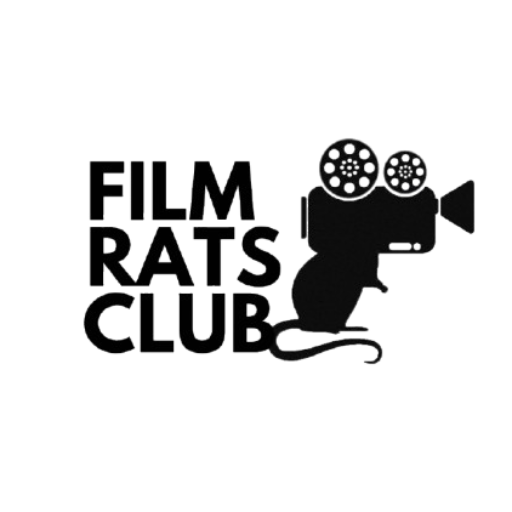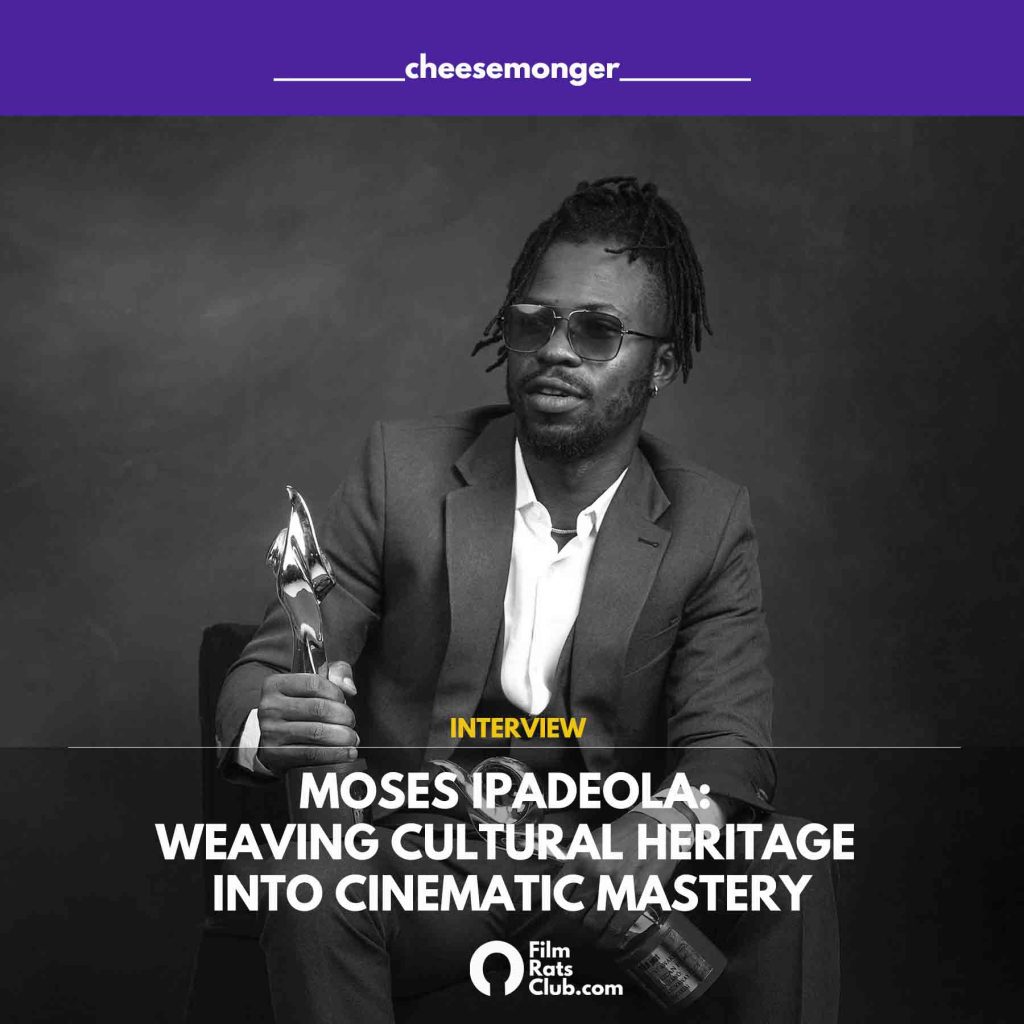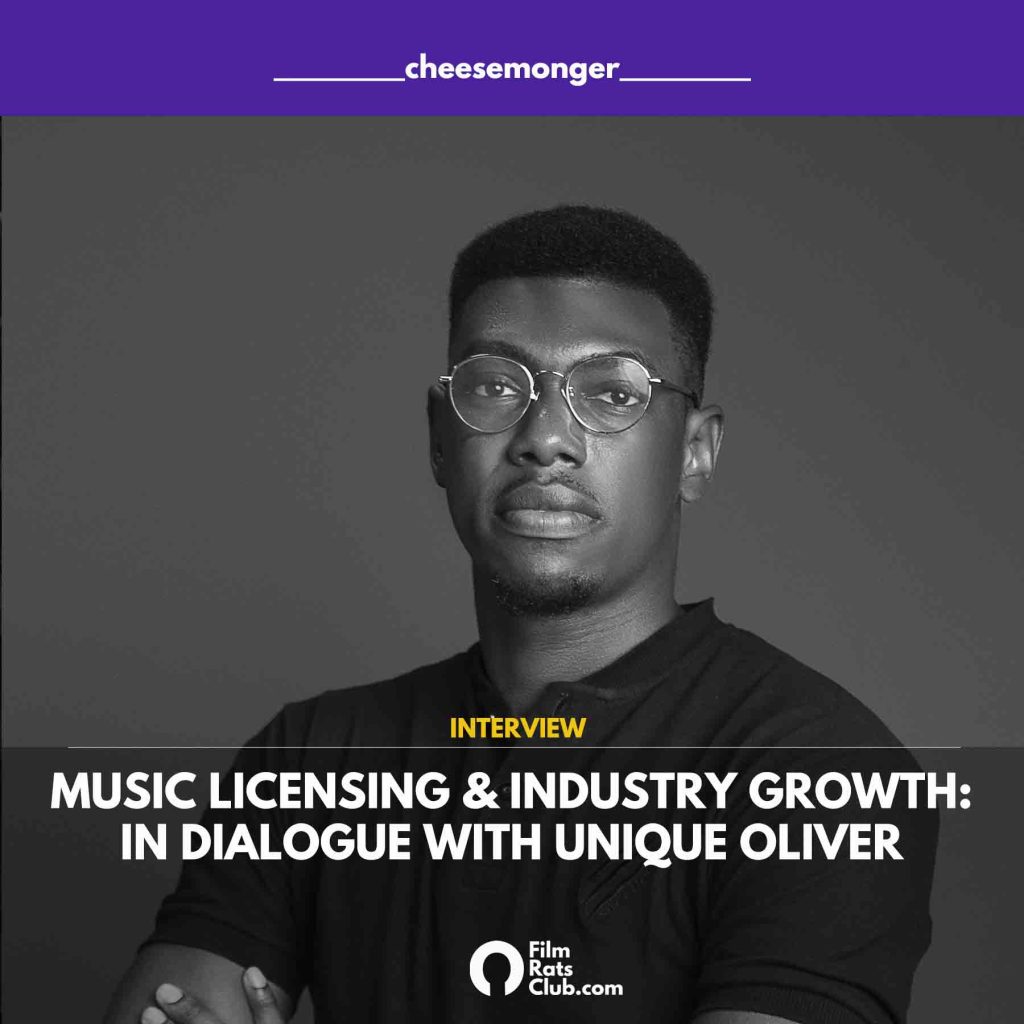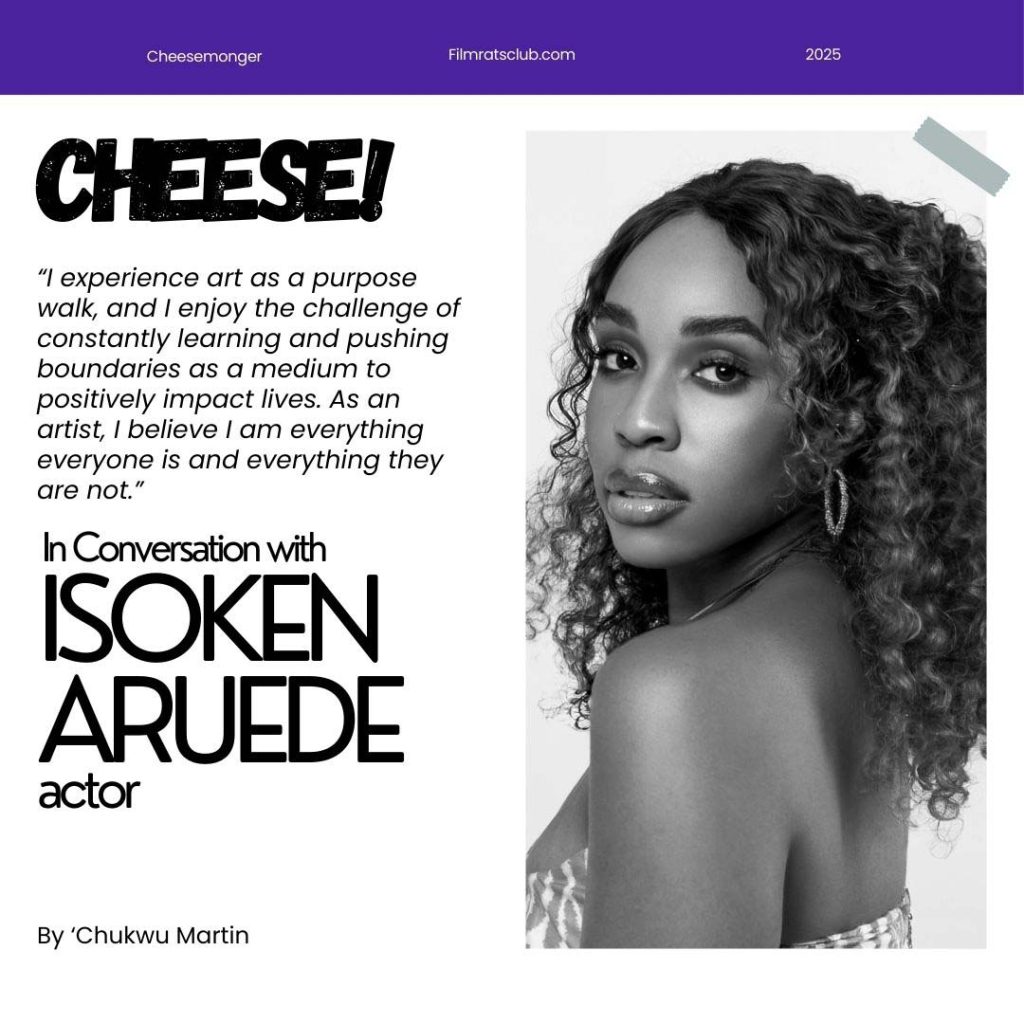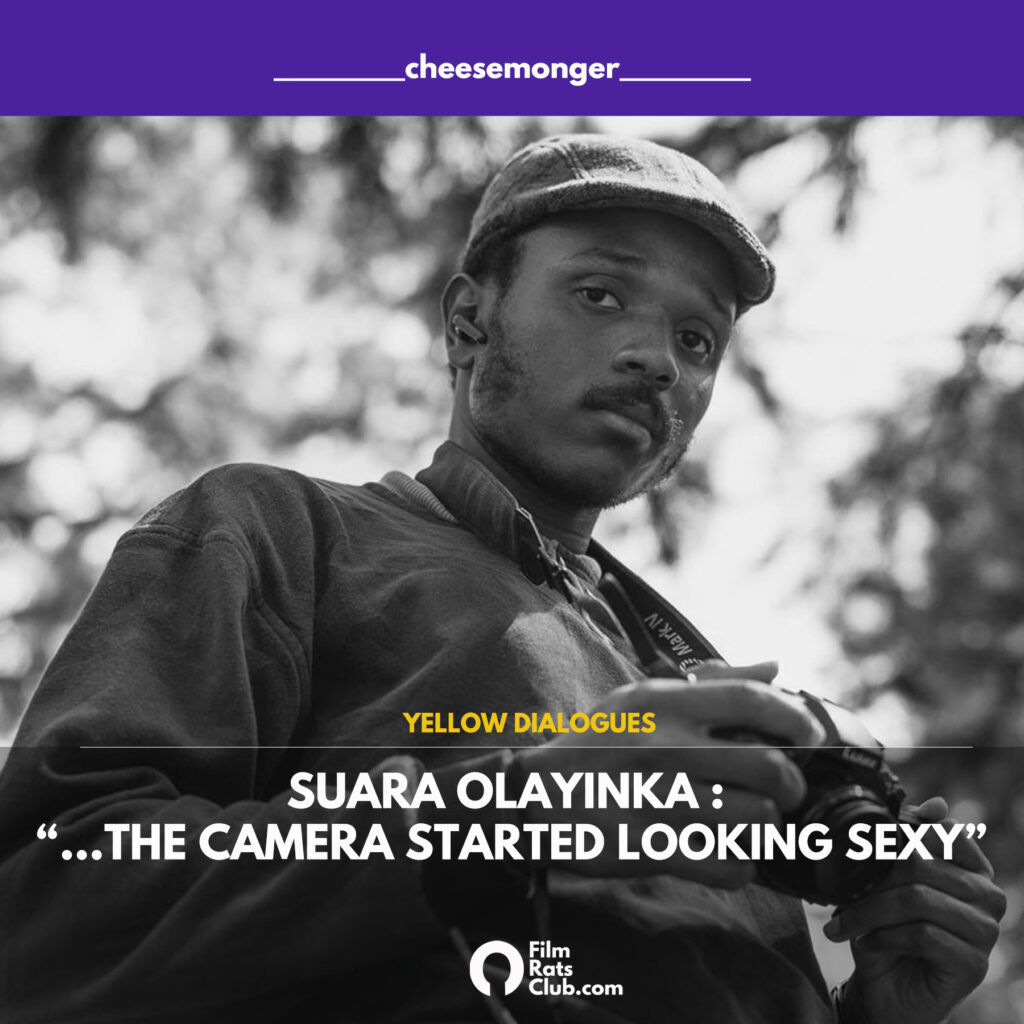Moses Ipadeola: Weaving Cultural Heritage into Cinematic Mastery
by Towobola Dada and John Orjiudeh Moses Ipadeola is the creative force behind Ekun Iyawo: The Tale of the Runaway Bride, a critically acclaimed short film that has captivated audiences with its depth and artistry. Watching the film, we couldn’t help but feel a profound sense of admiration for the mind behind its stunning visuals and compelling narrative. Ipadeola’s work is making waves in the film industry, not just for its technical excellence but for its intimate and nuanced portrayal of Nigerian culture. His commitment to storytelling as a vehicle for cultural preservation and exchange is truly inspiring. Whether exploring themes of identity, community, or social justice, Ipadeola’s films are infused with a deep love and respect for his heritage. His dedication to showcasing the richness of Nigerian traditions sets him apart. From the vibrant colors and textures of his cinematography to the complex, multifaceted characters that drive his narratives, Ekun Iyawo stands as a testament to his growing mastery of the craft. Given the significance of his work, we were eager to learn more about Ipadeola’s journey, inspirations, and creative process. Speaking with him (however brief) was an honor—his passion, intelligence, and generosity of spirit were evident in every word. We were struck by his thoughtfulness, humility, and willingness to share his insights with others. Moses Ipadeola is more than a talented filmmaker; he is a true ambassador for Nigerian culture and a champion of storytelling’s transformative power. For Moses, storytelling has always been more than just an interest—it’s a calling. From his school days to his NYSC, he has remained deeply committed to honing his craft. He credits his growth to continuous self-improvement, saying, “I’ve been reading books, sketching, and refining my skills in movie production and other creative fields.” While at university, Moses trained in other aspects like sound mixing and production. This experience sparked his interest in music, eventually leading him to produce sound for a film—an expansion of his artistic expertise. He views his versatility as a divine gift, enabling him to excel across multiple creative disciplines. As he often says, “No knowledge is ever wasted,” a philosophy that fuels his commitment to lifelong learning—not just for career growth, but to enrich his understanding as a filmmaker. Deeply rooted in Pan-Africanism, Moses sees his work as a tool for inspiration and education rather than provocation or confusion. “I want my films to captivate audiences, drawing them into a deeper appreciation of the cultural heritage that shapes them,” he explains. Congratulations on Ekun Iyawo! The film has been making waves, winning Best Cinematography and the Audience Cheese Prize at TAFM 2025, along with 8 nominations at the Film Joint Award 2025, where it took home 4 awards. How does this success feel? Thank you, Cheesemonger, for this interview. I feel truly blessed and grateful for the opportunity. Documentation is essential for growth in our industry, and I deeply appreciate the recognition. As an independent artist, acknowledgment can be rare, so this serves as a meaningful confidence boost—I thank God for it. Ekun Iyawo’s premiere in Nigeria and London was a major turning point. Winning the Best Cinematography award further affirmed that our hard work had paid off. From conceptualization to visualization, I always believed the film was destined for success. It was carefully refined by a team of passionate filmmakers who ensured that only the most impactful elements remained, allowing the core message to resonate with the audience. Our ultimate goal was to make the story clear and accessible, and I’m grateful we achieved that. When did you know you would become a storyteller, how did it start? From a young age, I was always sketching and creating storybooks, instinctively drawn to visual storytelling. I knew I had a talent for drawing, and despite my parents’ hopes that I would study law, my passion for art remained unwavering. At 13, I began training under Uncle Wale, my mentor in drawing, while still in secondary school. Balancing my artistic pursuits with academics, I initially planned to study fine arts but eventually found myself at the University of Ibadan, where I majored in Directing and Stage Management within the Theatre Arts department. Looking back, it’s clear how everything started falling into place. How did your cultural heritage shape your approach to filmmaking, particularly with Ekun Iyawo? What inspired you to tell this story, and what message do you hope the audience takes away? I grew up in the military era and got my butt kicked by soldiers sometimes. This environment influenced my childhood whether I liked it or not. Also, I grew up watching the films of Tunde Kelani, as I grew wiser, I was exposed to the works of Wole Soyinka, Femi Osofisan, and enjoyed the mentorship of Tunde Awosanmi, my lecturer at the University of Ibadan. Through these works and exposure, I saw how every work of art needs the director’s unique critical input. This inspired my interest to experiment with a concept I coined – Trado-Fiction, which focuses on traditional folklore. During my Masters program at the University of Lagos, I also studied psychoanalysis and the “Orunmila Ifa Corpus.” All these have shaped my approach to Indigenous storytelling. My cultural heritage has shaped my storytelling, and “Ekun Iyawo” is a reflection of this. I hope audiences appreciate the film’s nuances and take away their own unique messages. Western culture often prioritizes therapy while overlooking the ancient wisdom of Ifa and Orunmila, you can also find this execution in my first attempt at creating this “Trado-Fiction (Ifa Therapy). As a proud Owu boy from Ogun State, I feel deeply responsible for sharing my cultural heritage through storytelling. My goal as a filmmaker is to stand out by authentically representing my roots, not by imitating Hollywood or Bollywood. I want my work to celebrate and preserve the richness of our traditions, ensuring they remain relevant for future generations. We’re eager to learn about your approach to helping the actors embody their characters and bring their roles
